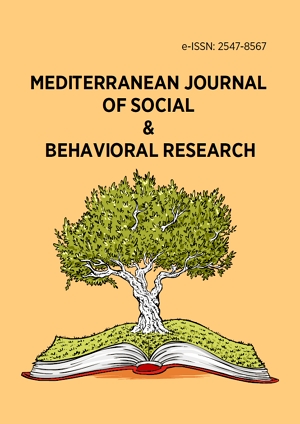Abstract
This cross-sectional study was designed to compare gender difference in mathematics achievement in four selected single-sex senior high schools in Ghana. Results of 18,781 students from the selected schools were analyzed based on the final examinations, West African senior school certificate examination (WASSCE) data for 2009, 2011, 2012, 2013, 2014, 2015, 2016, 2017, and 2018-year groups. In 2010, there was no examination; thus, the data analyzed excluded that of 2010. The results are graded from grade A1 to F9 so to ensure clarity in the results, grades were coded from 1 to 9. The grades were coded to correspond with the codes, ranging from the highest grade (A1) to the lowest (F9). The findings indicated that girls performed better than boys and the independent sampling t-test also showed there was a significant difference in the performance of girls and boys. This indicates that there is no equality in core mathematics performance of boys and girls. Teachers of mathematics are encouraged to identify underlying factors that account for the disparity in performance and also to ensure that students of both gender exhibit excellent performance in mathematics.
License
This is an open access article distributed under the Creative Commons Attribution License which permits unrestricted use, distribution, and reproduction in any medium, provided the original work is properly cited.
Article Type: Research Article
MEDITERR J SOC BEH RES, Volume 7, Issue 3, October 2023, 135-139
https://doi.org/10.30935/mjosbr/13379
Publication date: 01 Sep 2023
Online publication date: 10 Jun 2023
Article Views: 1948
Article Downloads: 1103
Open Access References How to cite this article
 Full Text (PDF)
Full Text (PDF)